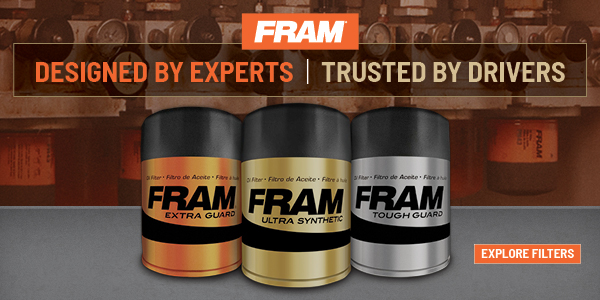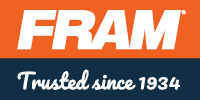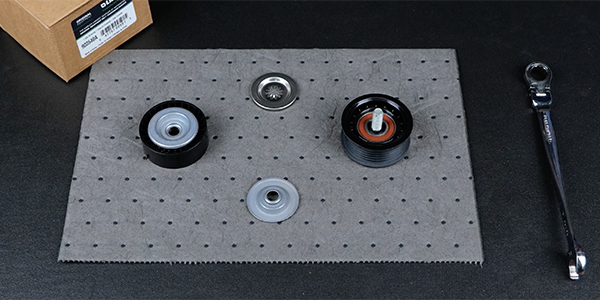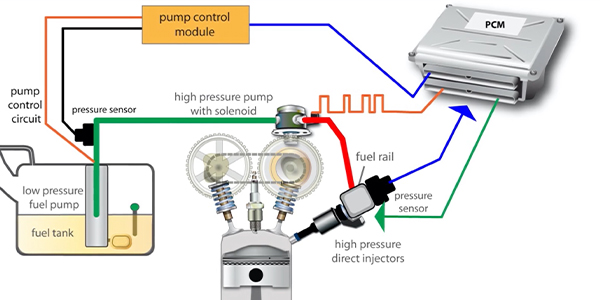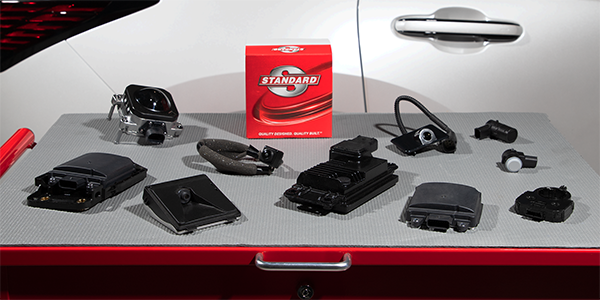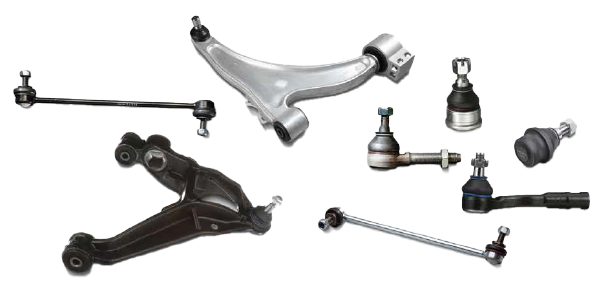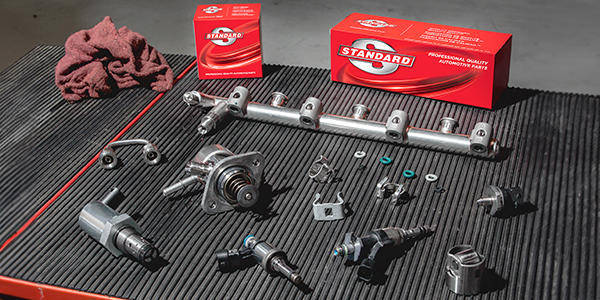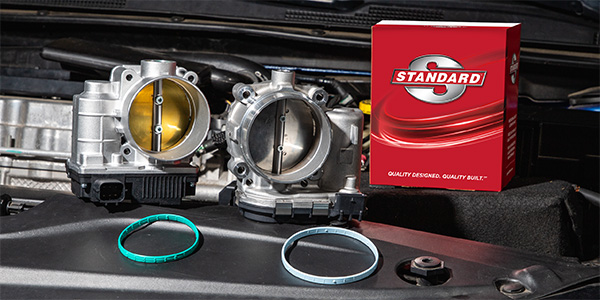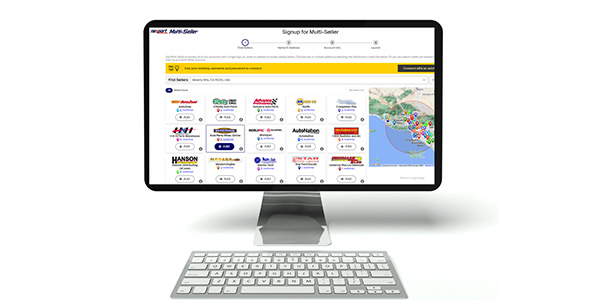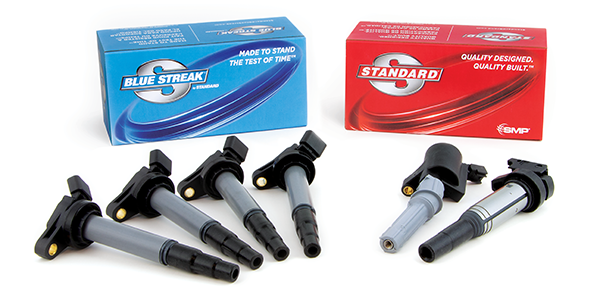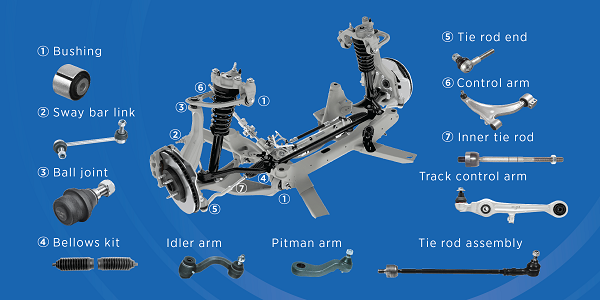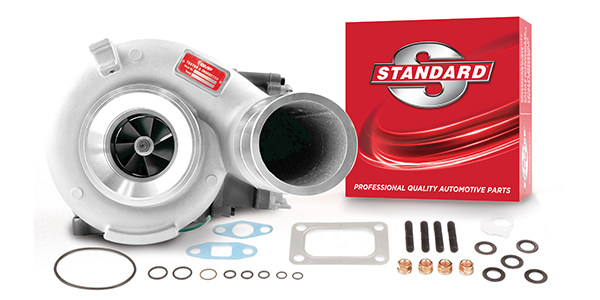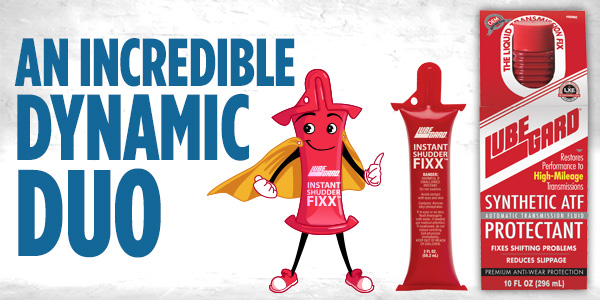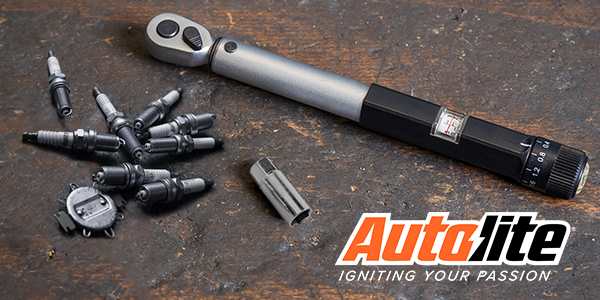It’s no secret that consumer driving habits have changed during our current circumstances, leaving the automotive service industry in a new, unfamiliar place. How we buy cars, put them to use and upkeep them all look very different from just six months ago, and the vehicle maintenance norms will continue to change as winter approaches. For example, according to AutomotiveResearch.com there has been a 2.5% increase in delayed vehicle maintenance since the beginning of Q1.
Over the course of the past few months, different classes of vehicle consumers have emerged. From essential workers to road-trippers and every vehicle owner in-between, everyone has their vehicle maintenance habits, especially in this ever-changing economic landscape. Will your shop be ready for these shifts in consumer behavior?
We have broken down three types of vehicle users that are becoming apparent in the new normal and how their activity impacts maintenance.
Necessary Trips Only
Over the course of the last few months, there has been an increase of vehicle owners who have simply not used their vehicles. These consumers have stayed put and only used their vehicles for essential quick trips to the grocery, pharmacy or takeout spot. Due to inactivity, this specific demographic of drivers will most likely need everything from tire rotations to new air and oil filters to get their vehicle back to where it should be. There tends to be a misconception with these drivers in that they won’t need an oil change because they haven’t reached the suggested mileage yet. Miles don’t necessarily matter though, even if their vehicle hasn’t reached the number of miles suggested for an oil change, the necessary time has still passed, so be sure to recommend the maintenance check.
Essential Commuters
These vehicle owners are what the world has referred to as essential workers. They are the people that have not experienced much change to their driving routines during the past few months, driving their vehicles the same amount to and from work. Even though they may have historically kept up with scheduled maintenance, due to precautions put in place in recent months, this driver may need a reminder to get their vehicle checked. Did you know that since Q1 oil changes have become the number 1 category for delayed maintenance in vehicles? With that being said, with the colder months on the way, seasonal maintenance, like oil changes, winter tires, air filters, oil filters and new wiper blades, will be necessary to prepare their vehicle for the winter.
Part-Time Explorers
Since settling into new work patterns, there has been an increase in people who were once everyday commuters that are now working remotely full-time and taking advantage of their time away from the physical office. Some of these workers are taking long road trips to see family or explore the country, while some have used weekends to explore nature and seek out experiences outside of their usual driving radius. This thirst for adventure takes their status from typical commuter to opportunistic road-tripper and intensifies their maintenance needs. These maintenance needs range from oil changes and tire rotations to new oil and air filters, especially cabin air filters to ensure a constant flow of fresh air while they are one the road. With recommended regular scheduled maintenance checks they can be road trip ready anytime.
There is no precise way to predict the future, but according to the most recent Weekly Vehicle Maintenance Monitor by AutomotiveResearch.com, vehicle owners have been slacking on providing their vehicles with the maintenance it needs. To prepare for the potential wave of long overdue vehicle maintenance and the possible changes in the maintenance you’ll be providing, we encourage you to take the proactive route by stocking your shelves with quality parts. To keep customers going for tens of thousands of miles, you can turn to FRAM® oil and air filters.
FRAM® has been determined to develop high quality oil and air filters for years and has tested combinations of materials and components that will keep your car running cleaner for longer. FRAM’s latest advances in technology include FRAM Extra Guard®, FRAM Tough Guard® and FRAM Ultra Synthetic®. Extra Guard® filters employ a proprietary fiber- and resin-blended media to provide dirt-trapping efficiency and dirt-holding capacity while offering 10,000 miles of protection. Tough Guard® offers a synthetic fiber and cellulose blend to trap dirt without affecting oil flow for 15,000 miles. Ultra Synthetic® filters utilize an ultimate dual-layer synthetic media that provides up to 20,000 miles of engine protection. Explore the benefits of all of the FRAM® oil filters at fram.com.

